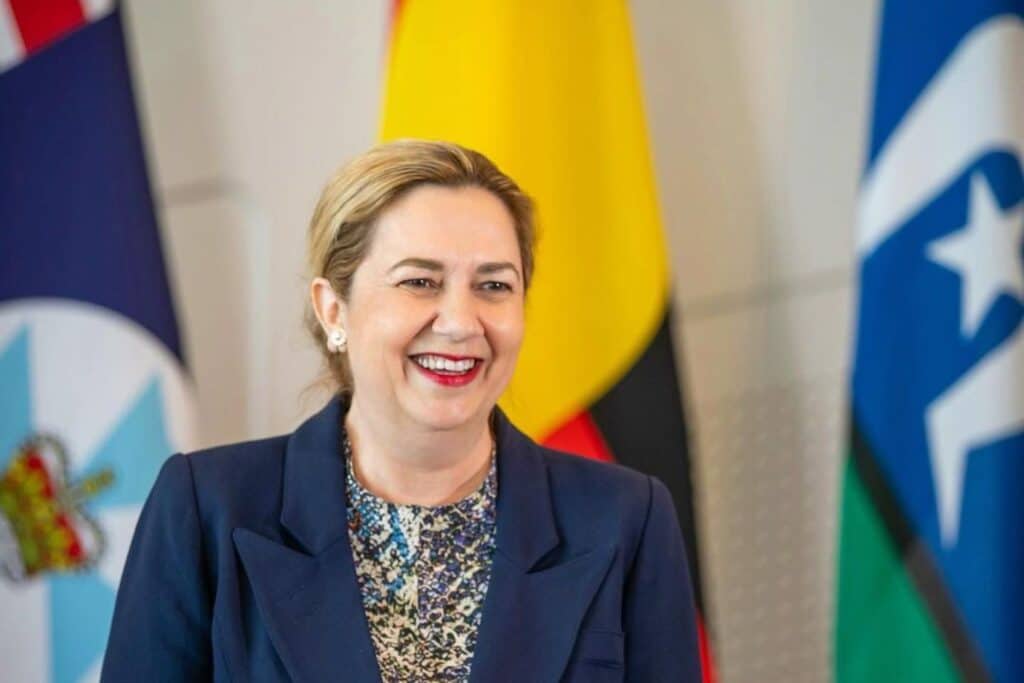The Queensland government has introduced new legislation to its parliament that would make coercive control a stand-alone, criminal offence.
Coercive control refers to a pattern of behaviours, including physical, social, financial, psychological and technology-facilitated abuse used to harm, punish or frighten the victim.
The offence will carry a maximum penalty of 14 years imprisonment in Queensland and comes following a recommendation from the state’s women’s safety taskforce.
“Coercive control is serious, it has serious impacts on the victim and their families and a new, stand-alone offence reflects that non-physical violence is just as dangerous as physical violence,” said QLD’s Attorney-General and Minister for the Prevention of Domestic and Family Violence, Yvette D’Ath.
“I would like to acknowledge the extensive and transformational work undertaken by the Women’s Safety and Justice Taskforce, stakeholders and advocates for their continued engagement with these reforms, and of course, victim-survivors of domestic violence.”
The government has said coercive control will be criminalise when an adult in a domestic relationship:
- engages in a course of conduct against the other person that consists of domestic violence occurring on more than one occasion;
- intends the course of conduct to coerce or control the other person
- is reasonably likely to cause the other person harm
‘Harm’ is defined in the legislation to mean any detrimental effect on the person’s physical, emotional, financial, psychological or mental wellbeing, whether temporary or permanent).
D’Ath also acknowledged the advocacy of Sue and Lloyd Clarke, the parents of Hannah Clarke, and the Small Steps 4 Hannah Foundation, for their work raising community awarenees on coercive control. Hanah Clarke and her three children were murdered by her estranged husband in 2020.
“We will never forget Hannah, Aaliyah, Laianah and Trey. Increasing community awareness and legislating against coercive control will be Hannah’s and her children’s legacy,” D’Ath said.
Hannah’s father Lloyd Clark called coercive control “an insidious form of domestic abuse”.
“The red flags of coercive control can be hard to detect, but once they become clear it’s so important that there are laws in place that allow police to take strong action and allow magistrates and judges to support that action,” he said.
“We are proud to have played a part in advocating for stand-alone coercive control laws in Queensland, and we are grateful that the Government has heard our calls and responded.
“Now we need to step up education and awareness campaigns, so everyone from friends and loved ones to first responders and judges can recognise the signs of coercive control and take action.
Hannah’s mother, Sue Clarke, noted just how difficult it is for a victim of coercive control to escape their situation.
“They need to have the strength to get out, and they need to have the support of their closest friends and family,” Sue said. “We urge everyone who sees friends or loved ones experiencing coercive control to give them unconditional support.”
“It often takes many attempts to leave, and they need to know that their networks will be there for them when they make that break. Most of all, they need to know that when they do make a move that the law will be there to back them up, and as a result of this legislation victims will at last have that extra layer of support that only the criminal justice system can provide.”
If you or someone you know is impacted by sexual assault or family and domestic violence, you can call 1800RESPECT on 1800 737 732 or visit 1800RESPECT.org.au. If you are in immediate danger, call 000.


